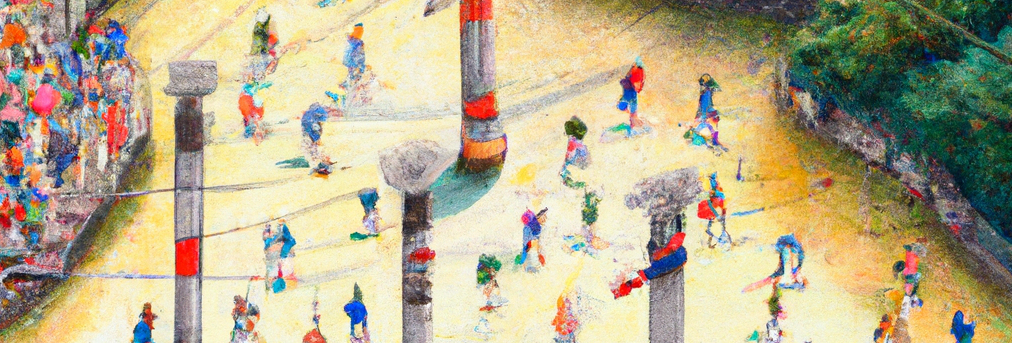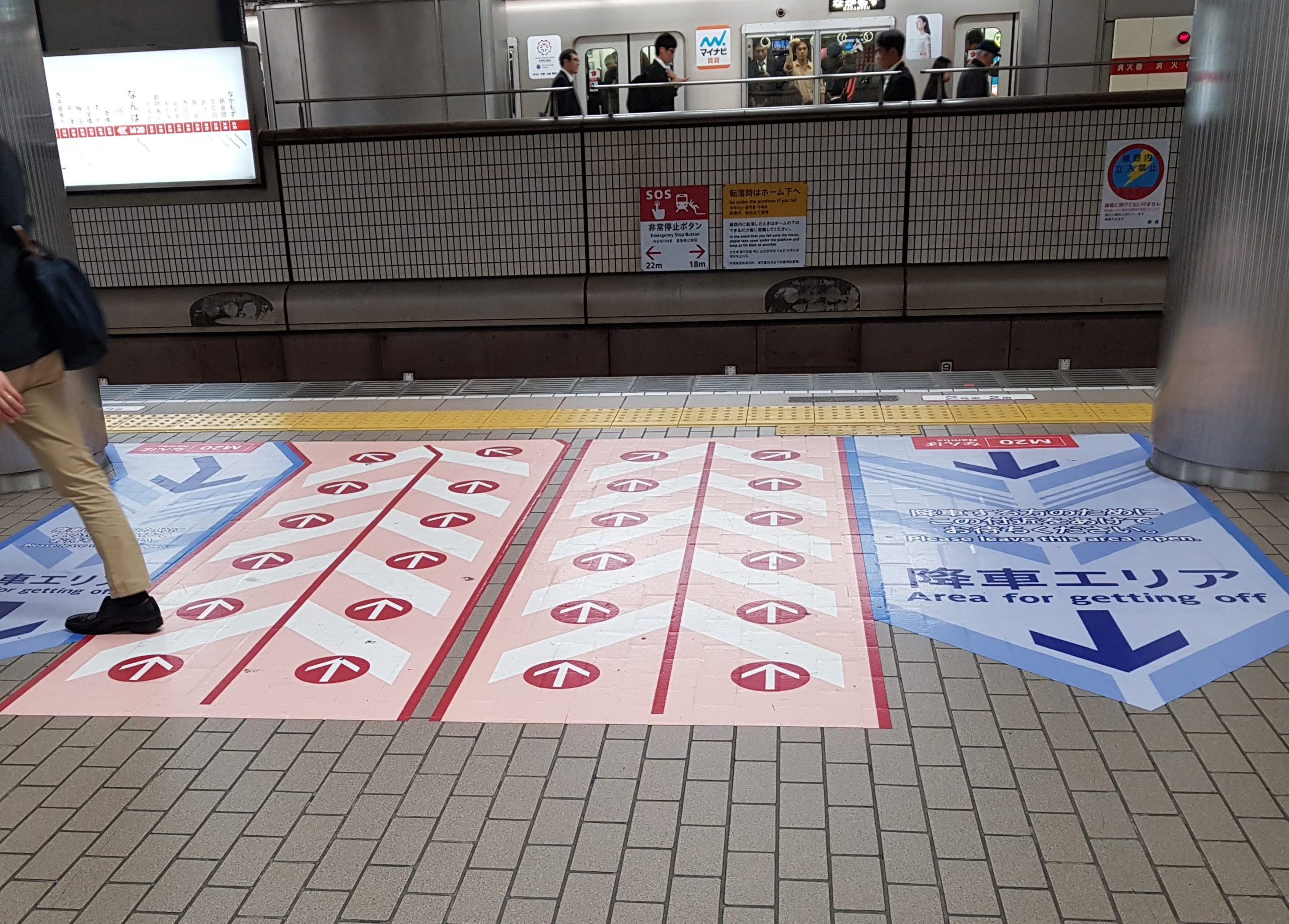
Many people that grew up in the 90ies might still remember a Japanese gameshow called “Takeshi’s castle” in which groups of contestants were battling a host called (Beat) Takeshi by overcoming various physical challenges.
As this program is currently seeing a reboot, it might be worth to take a look at how this and other programs are deeply rooted in Japanese culture.
Due to the ever-present threat of natural disasters, ranging from earthquakes, tsunamis, floods, mudslides to typhoons or even volcanoes that could strike at any time, Japanese culture puts a premium on minimizing any perceived risk and on planning for every eventuality. (read more about this topic in this JCO article)
These copious natural threats have also left another imprint on the Japanese psyche: the famous “never give up” spirit!
This attitude is referenced in a popular phrase like “Sho ga nai” as in “it can´t be changed so let us make the most of it”.
In short, this “never give up” spirit postulates that even though a situation may not be ideal or outright catastrophic, this should not be seen as a reason to lose hope or even throw in the towel but rather as an opportunity to find out what could be achieved if you, together with your fellow group members, kept trying against all odds.
So, one more important thing to note is that, as opposed to more Western shows like “American gladiator” where individuals are trying to win, it is usually a group of participants that compete against the host which reflects a certain Japanese group orientation.
Similar shows would feature ordeals where people would “fall into a bottomless pit” or “be stuck in a box that is slowly filling up with water” were they not able to solve a riddle in time.
These threats are only for show, of course, as there is such a thing as liability in Japanese law too…
All of this speaks directly to the core Japanese belief in that “you can never know what you will be able to achieve unless you keep doing it”.
Expressions like “3 years on top of a stone” are often used when someone appears to want to give up too soon, be it a young child fed up with doing homework or a newcomer in a company feeling overwhelmed by the workload.
On a related note, many non-Japanese that have worked in Japan might remember their first earthquake in the office. Usually, the Japanese would keep their calm and continue working even when all non-Japanese were already half-way out of the building running for their lives…
Lastly, we should not forget to mention that the way Japanese companies would traditionally set very high or even unrealistic targets is also directly influenced by this “never give up” spirit. (read more about that topic in this JCO article)
It is easy to see how a only culture like the Japanese could be the birthplace of this type of game show, even though Takeshi’s castle has since spawned many versions in other countries too.
Learn more about Japanese business culture in our open workshops or in-house sessions!





